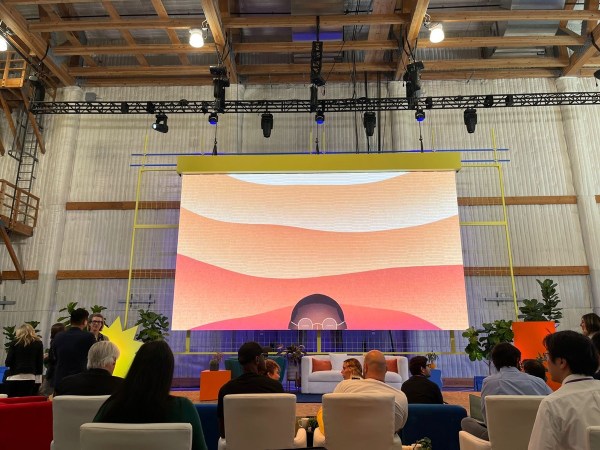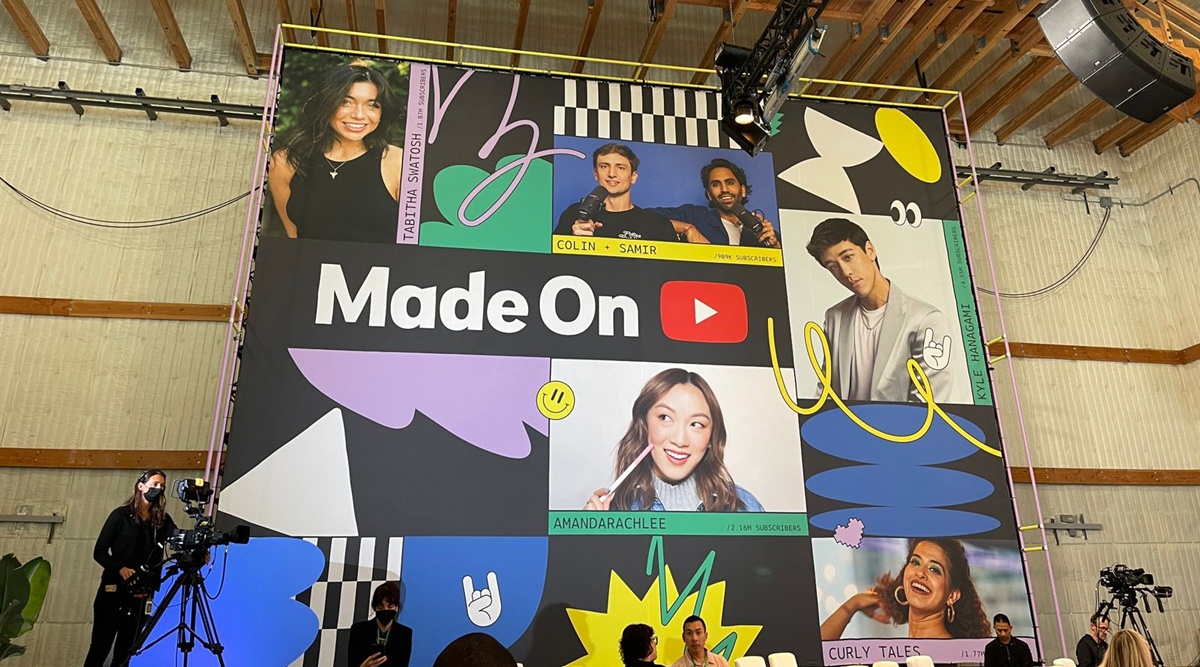YouTube announced a slew of features aimed at wooing the next generation of creators and erasing friction when it comes to making money from the platform—specifically for those who post short videos. The announcement comes as YouTube faces increasing challenges from the growth and popularity of TikTok, especially in the US market. YouTube will bring revenue sharing to the Shorts format by expanding its YouTube partner program (YPP) to these creators as well. In addition, there is a new Creator Music feature planned, which is designed to make it easier to navigate the challenges of licensing music for content creators on the platform as a whole.
“We’re introducing the next chapter on how we reward creativity on our platform through the YouTube Partner Program. Starting early next year, creators who reach 10 million Shorts views over 90 days can apply for partnership. They’ll receive all the benefits of YPP, including revenue sharing, and the different ways creators can make money on our platform,” Neal Mohan, YouTube’s Chief Product Officer, said at a special event hosted in the company’s office in Los Angeles.
 YouTube stressed that ads on Shorts work in a different way compared to those on traditional longer videos– there’s no dedicated ad before each Short video. (Express Photo)
YouTube stressed that ads on Shorts work in a different way compared to those on traditional longer videos– there’s no dedicated ad before each Short video. (Express Photo)
“This is the first time real revenue sharing is being offered for short videos on any platform at scale. Ads for shorts are different from long forms. They’re not attached to specific videos, but run in between videos in the Shorts feed. So every month revenue from all those Shorts ads will be pooled together and that payout will go to Shorts creators as well as cover the costs of music licensing,” he added.
YouTube stressed that ads on Shorts work in a different way compared to those on traditional longer videos– there’s no dedicated ad before each Short video. Instead, the ads will appear in the feed. The pooled revenue from these ads will be divided among creators who will get to keep 45 per cent of the revenue. The revenue is still decided based on the views that a video gets. The revenue share remains the same, even if they use music, according to the company.
This also means that YouTube is putting an end to its Creator fund, which was helping monetise some of the Short video creators. YouTube executives said that the fund–which had a cap– cannot keep up with the growth they are seeing in the short-form video. YouTube Shorts is seeing over 30 billion views from 1.5 billion logged-in users on a monthly basis, the company revealed.
The Shorts revenue share program will start rolling out in early 2023, though YouTube did not specify, which countries would get this first. It should be noted that YouTube Shorts was first launched in India in September 2020.
Regarding Creator Music, this will be a new destination for creators to find the songs they want to use in their videos. The feature is being rolled out as a beta in the US in the fall of this year and will expand globally later on. YouTube has not specified the song catalogue and is partnering with select indie labels for this right now.
Creators will be able to browse through a growing catalogue of songs and choose between a couple of simple options. They will have the option of buying a music license or going with a revenue share option. Right now, using music from record labels comes with its own host of challenges and fear of copyright strikes for many creators. YouTube is hoping its solution can help solve some of these.
Newsletter | Click to get the day’s best explainers in your inbox
“They can use these songs and still earn money without worrying about making a financial sacrifice. Creators will also be able to choose from a revenue-sharing option that allows creators and music rights holders to earn money from their content. What that means is creators will split a portion of their revenue with the artists and songwriters. Creators get access to an even larger catalogue of popular music and face zero upfront costs,” Amjad Hanif, Vice President of Product Management, YouTube Creator Products, explained during the announcement.
When asked whether the announcements meant that YouTube would focus more on Shorts, Tara Walpert Levy, VP of Americas, Overseeing Content Partnerships at YouTube, stressed that nothing is changing in terms of the importance of long-form content.
“We wanted to make sure that we could continue to be the one-stop shop for creators. We are equally committed to all of the formats that help creators express themselves. We thought it was incredibly important to bring real revenue sharing to Shorts because it offers equal opportunity access to all creators,” she said. “Our belief is that you should be able to make a living off any format,” she stressed.
Disclaimer: The author is in Los Angeles on the invite of YouTube India
!function(f,b,e,v,n,t,s)
{if(f.fbq)return;n=f.fbq=function(){n.callMethod?
n.callMethod.apply(n,arguments):n.queue.push(arguments)};
if(!f._fbq)f._fbq=n;n.push=n;n.loaded=!0;n.version=’2.0′;
n.queue=[];t=b.createElement(e);t.async=!0;
t.src=v;s=b.getElementsByTagName(e)[0];
s.parentNode.insertBefore(t,s)}(window, document,’script’,
‘https://connect.facebook.net/en_US/fbevents.js’);
fbq(‘init’, ‘444470064056909’);
fbq(‘track’, ‘PageView’);






